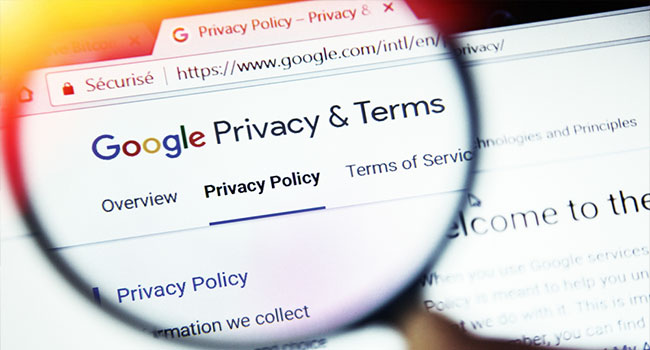
3 Major Internet Privacy Issues and How to Avoid Them
Information mishandling, snooping and location tracking are often the ways in which users find their privacy violated online.
- By Susan Alexandra
- Sep 03, 2019
Internet is the fastest way of connecting with the world but, unfortunately, it is not the safest one. The internet is full of scams and gambles, and you are on the verge of security risks when you choose to be online.
Most internet users are least bothered about their online privacy and are unaware of the plausible risks associated with it. Not only your privacy but your safety is also endangered, especially when you are using the internet to carry out important and secretive tasks like online banking and sharing crucial business files.
Three Major Issues Concerning Online Privacy
Online users are incredibly vulnerable to security threats, and there is a long list of issues associated with their safety. Here we are discussing only the major issues concerning online privacy.
Spying and Snooping
When you are online, you are spied by a number of trackers for various purposes. Trackers keep a record of your search history and track all your online activities through various means. This provides them a clear picture of who you are and your interests, which is a breach of online privacy policy and makes you a public property. Most of the time, this tracking is for advertisement purposes only and it allows advertisers to show ads according to your taste and interests. But sometimes this information is used by cybercriminals to carry out unauthorized and illegal activities risking your online existence.
Information Mishandling
There are various sites on the internet that need your personal information to get access to their services. These sites often store cookies and save your personal information and later use it for various purposes. Most of the time this information is not encrypted and can be accessed by anyone. This mishandling of personal information may lead to serious consequences. The modern trend of e-banking and e-business portals have multiplied the risks associated with online privacy. By sharing your bank details and crucial files on the internet, you are paving ways for burglars and making yourself vulnerable to cybercriminals.
Location Tracking
Most of the internet users proudly upload their social media posts highlighting their current location along with tagging friends and family members. It's fun and exciting to share your life events with friends and family, but this data does not remain restricted to your expected audience only. This same data is stored on the social media site you are using and stays there forever, often without you knowing (though you may have given consent through a terms and services agreement). Along with social media apps, Google Maps and other apps also ask for your location and by turning on your location you are providing first-hand information to the world about where exactly you are and what your next move is, which is certainly risky and insecure.
Five Possible Ways to Protect Against Online Privacy Threats
There’s no way to completely avoid threats and attacks, but still, there are some steps you can take to avoid being victim on the internet. Here are some measures that should be followed:
Use a VPN
There are various ways of protecting your online privacy, but the most successful and certain way is through VPN. It is a tool that provides an encrypted tunnel for all your online activities, which means it encodes all the information transferred between you and your host site and leaves no chances of snooping and spying. It also provides you an anonymous IP and disguises your actual identity, hiding your geographical location and making your online existence more safe and secure.
There are various VPN available including free and paid ones. Some VPN work on a small scale and have access to a few countries only while others are international ones with access to most parts of the world.
Conduct Safe Browsing
Hackers can easily track your activities and get into your system through your browser. It’s highly recommended to keep your browser updated to the latest version. Avoid using spammy websites that asks for user details. You can also block ads on your browser and take extra time to actually read privacy policies before giving your consent.
Keep Your System Up-to-Date
Keep your system up to date to ensure that you don’t miss out any feature and security fixes. If you find it a hassle to manually apply updates, you can always use tools to automate your software updates. Regularly scan your system or it’s better to keep auto scan on in your system.
Use Anti-Virus
A strong anti-virus program will keep your device free from all types of malware, such as spyware, viruses, Trojans, etc. You can also use a good anti-virus that will keep you updated if it found something wrong in your system. Using anti-virus is essential as it helps you to get real time updates.
Adjust Your Settings on Social Media
Take advantage of the options that are available to you. Big Internet companies such as Facebook and Google usually give you options to opt out of some, if not all, of their personalization and tracking.